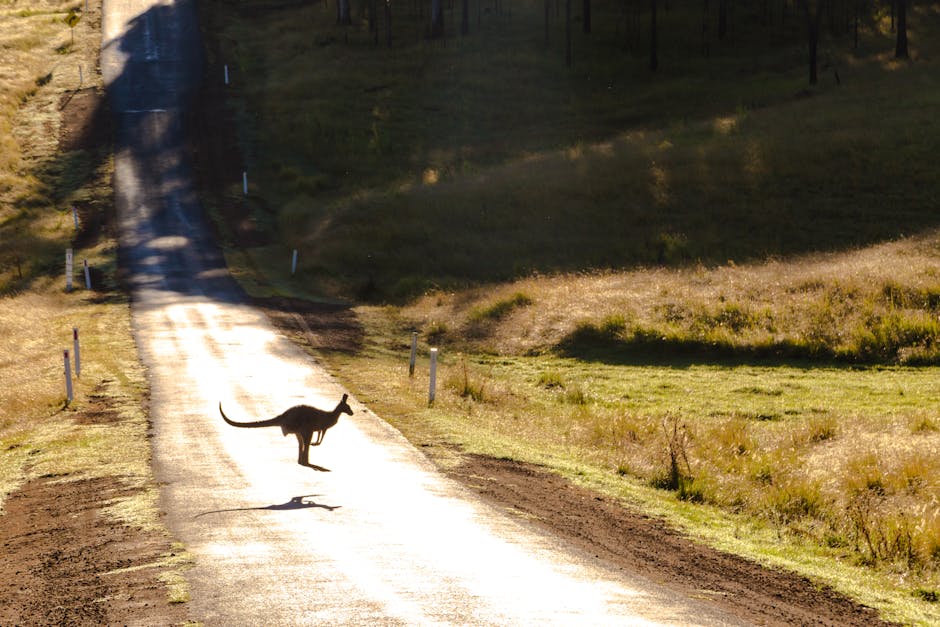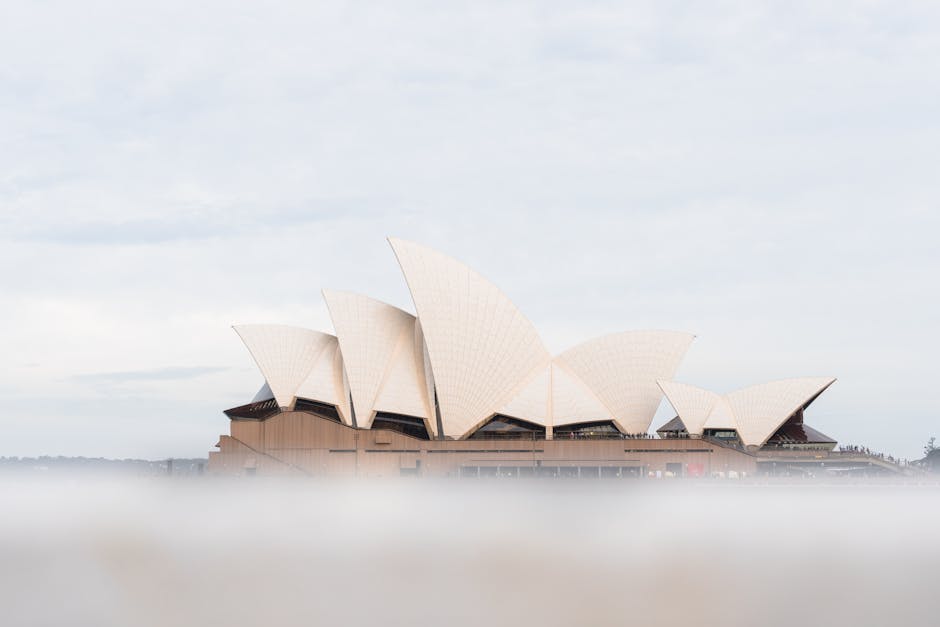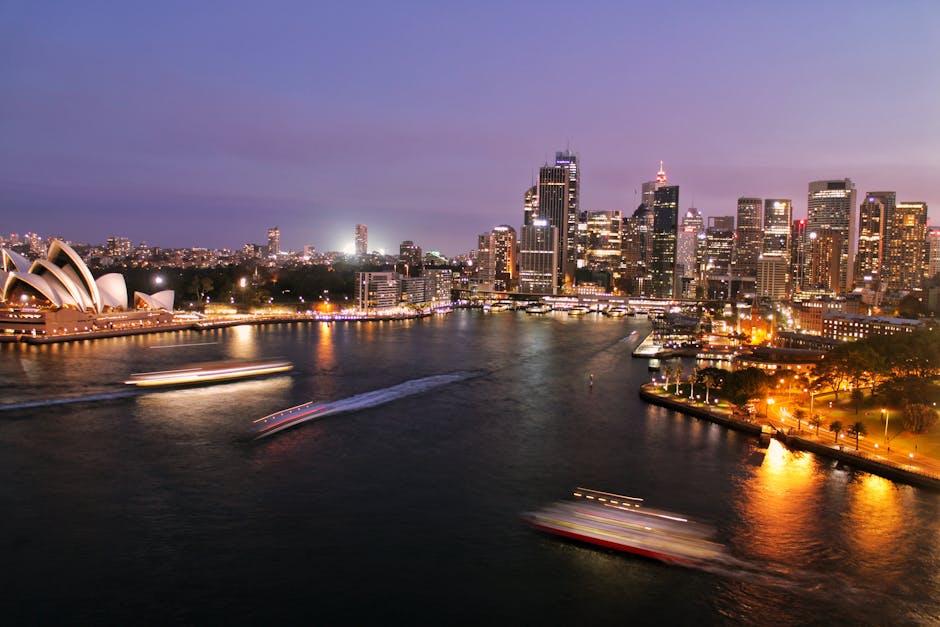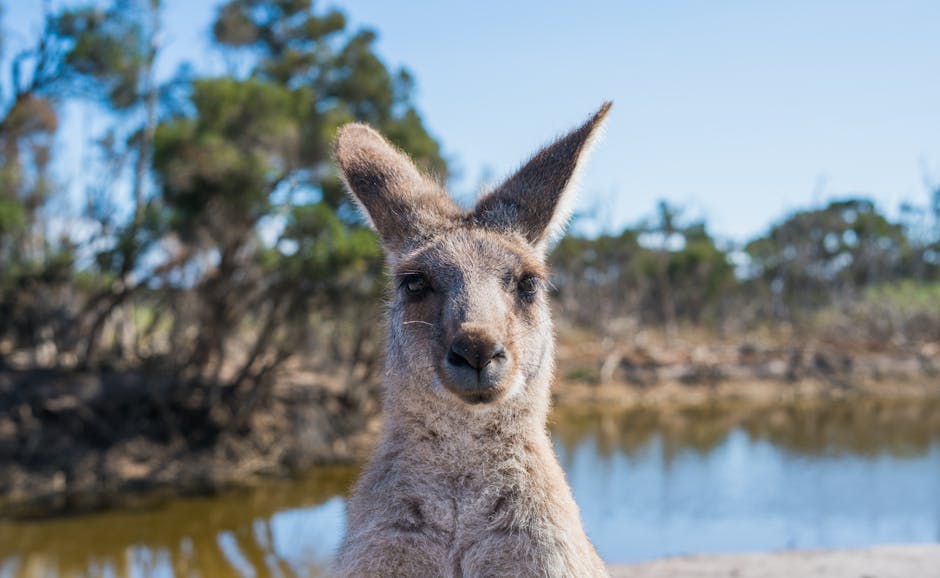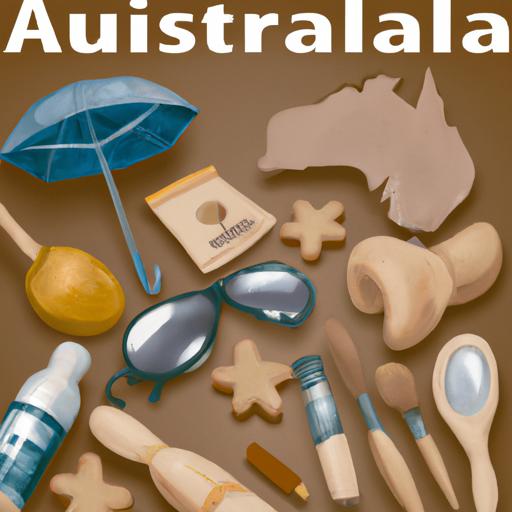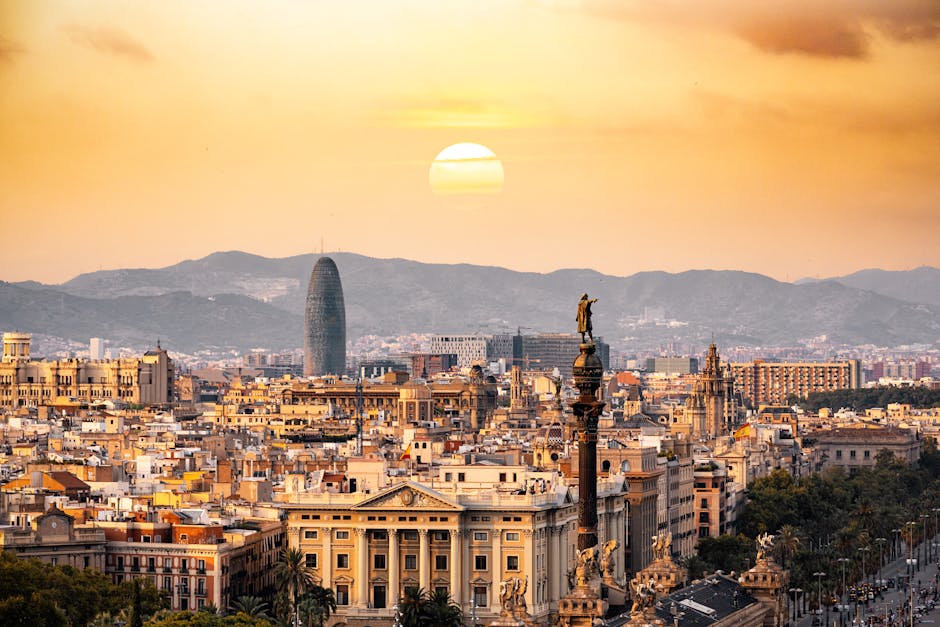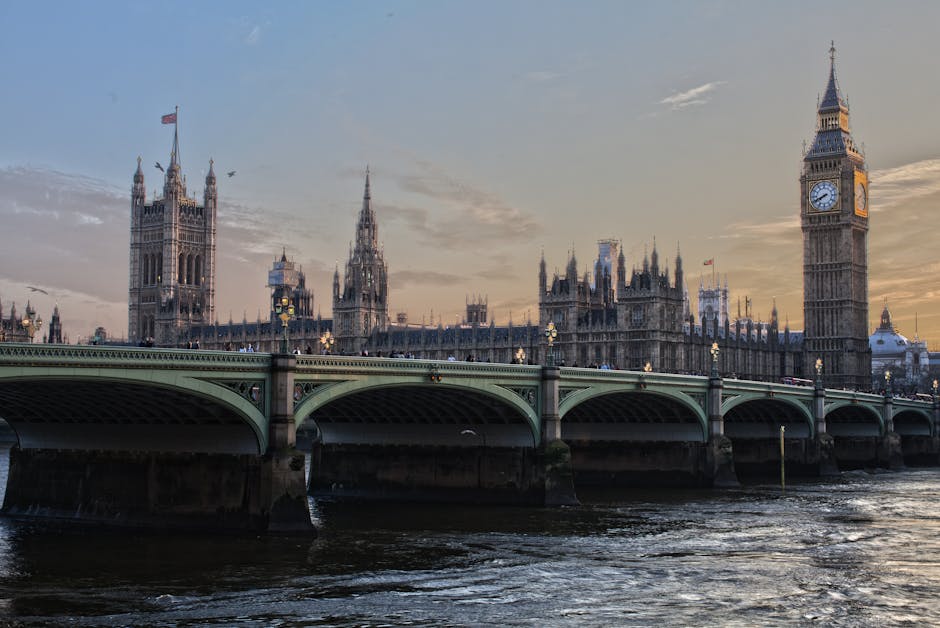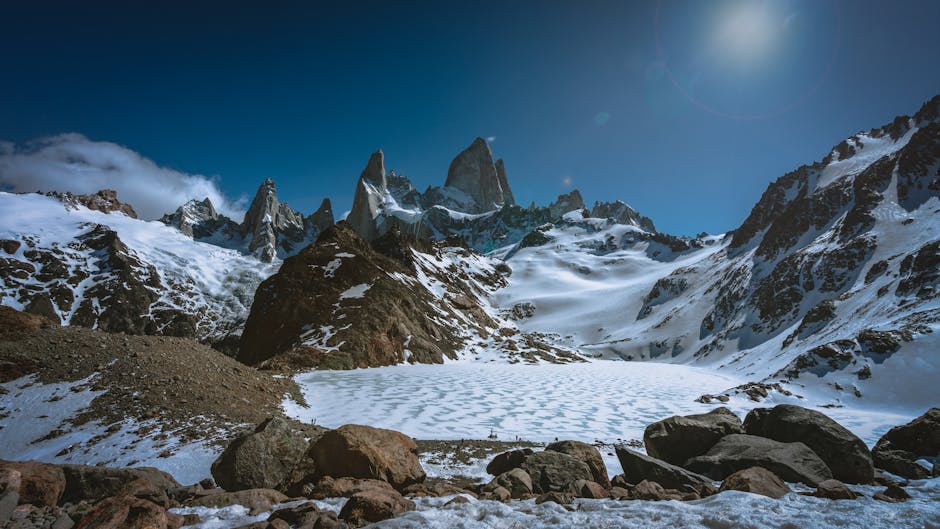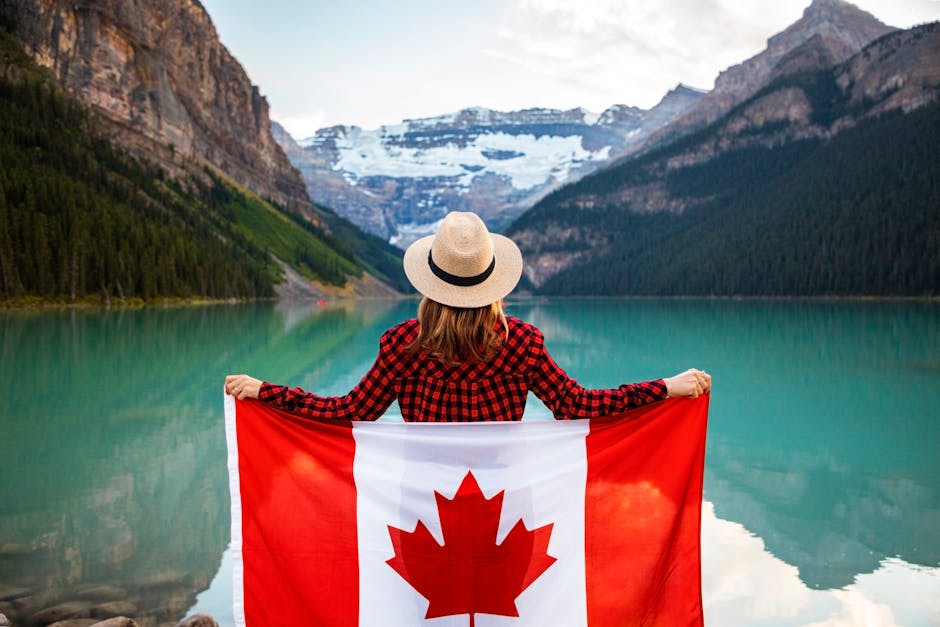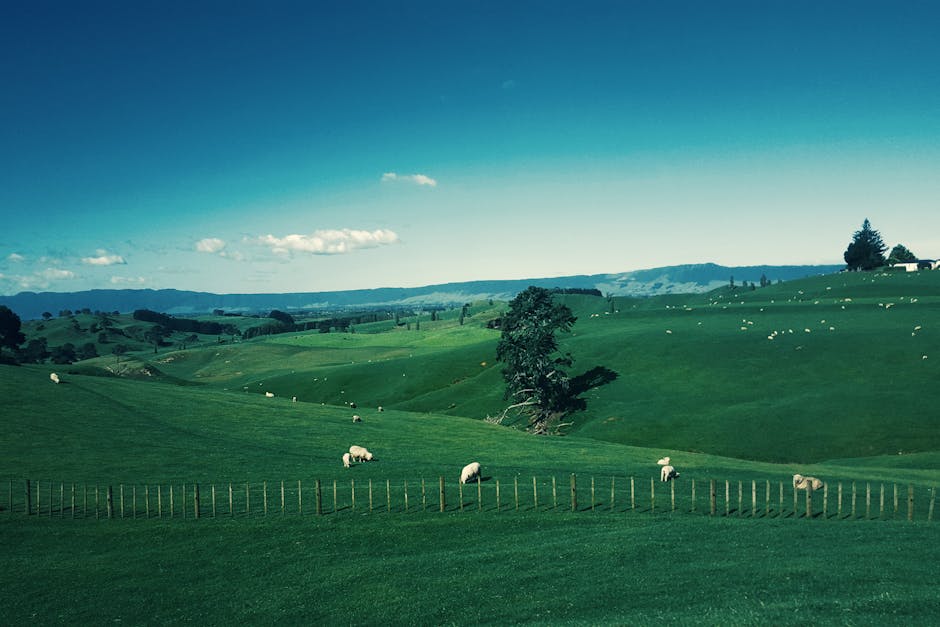Australia
Overview
Australia: The Land Down Under
Australia, also known as the "Land Down Under," is a unique country that offers a mix of vibrant, multicultural cities, stunning natural landscapes, and a rich indigenous history. Australian culture is a blend of its Indigenous roots and over two centuries of European influence, which is reflected in its food, lifestyle, and social practices. What makes Australia unique is its biodiversity; it is home to a variety of unique animal species like kangaroos, koalas, and various types of birds not found anywhere else in the world. In addition, Australia is known for its laid-back attitude, love for outdoor activities, and its iconic landmarks such as the Sydney Opera House, the Great Barrier Reef, and the vast Outback.
The high tourism season in Australia is during their summer months, from December to February. During this time, Australia experiences warm, sunny weather, making it perfect for beach activities. Popular destinations like Bondi Beach in Sydney or Surfers Paradise in Queensland are bustling with surfers and sunbathers. Other activities include visiting national parks, exploring the Great Barrier Reef, attending music festivals, or joining the lively celebrations of Australia Day in January. However, if you want to avoid the crowd and enjoy a milder climate, visiting during the shoulder seasons, spring (September to November) and autumn (March to May) is also a good option.
Before traveling to Australia, it's important to prepare a few things. First, ensure you have a valid passport and apply for an Australian visa or electronic travel authority (ETA). It’s advisable to get travel insurance to cover any unexpected incidents or cancellations. Australia has strict biosecurity laws, so make sure you declare any food, plant material, or animal products when you arrive. Pack for the season you are visiting and remember sun protection is a must due to the strong UV levels. Finally, familiarize yourself with the local customs and regulations, including driving rules if you plan to rent a car. Australia is a large country with varying climates, so planning your itinerary in advance will help you make the most of your visit.
A Glimpse into the Past
Australia is a land of diverse landscapes, rich history, and vibrant cultures. The story of this vast continent begins long before European settlement, rooted in the ancient traditions of its Indigenous peoples, known as Aboriginal Australians and Torres Strait Islanders. They have lived on the land for over 65,000 years, developing complex societies, languages, and a deep connection to the land, sea, and sky.
Indigenous Heritage
Visitors to Australia can explore the profound legacy of its Indigenous cultures. Sites such as Kakadu National Park in the Northern Territory showcase ancient rock art and sacred sites, while the Uluru-Kata Tjuta National Park offers a glimpse into the spiritual significance of Uluru (Ayers Rock) for the Anangu people. Guided tours led by Indigenous custodians provide insights into traditional practices, Dreamtime stories, and the rich biodiversity that has shaped their way of life.
In 1770, Captain James Cook claimed the east coast of Australia for Great Britain, marking the beginning of European interest in the continent. The First Fleet arrived in 1788, establishing the first penal colony at Sydney Cove. This marked the start of significant changes for the land and its people. As convicts were transported to Australia, the new settlements began to grow, leading to the establishment of cities such as Melbourne and Brisbane.
The colonial period was marked by challenges, including conflicts with Indigenous peoples, who resisted encroachment on their lands. The Frontier Wars resulted in tragic consequences for many Aboriginal communities. Today, acknowledging this past is an important part of Australia’s identity, with many sites and museums dedicated to reconciliation and understanding, such as the National Museum of Australia in Canberra.
The discovery of gold in the 1850s transformed Australia’s economy and demographics. The Gold Rush attracted immigrants from around the world, particularly from China, Europe, and North America. Towns like Ballarat and Bendigo sprang up overnight, filled with hopeful prospectors. The influx of people led to the establishment of a multicultural society that remains a hallmark of Australian identity today.
By the late 19th century, Australia began to develop its own national identity. The six colonies united to form the Commonwealth of Australia in 1901. The Australian Constitution established a parliamentary democracy, and Australia began to take its place on the world stage. The city of Canberra was selected as the nation’s capital, designed to be a symbol of unity.
Australia’s involvement in global conflicts, particularly in both World Wars, shaped its national consciousness. The ANZAC spirit, born from the Gallipoli Campaign in World War I, symbolizes bravery and mateship and is commemorated annually on ANZAC Day (April 25). The Australian War Memorial in Canberra is a poignant place to reflect on the sacrifices made by Australians in war and peacekeeping missions.
The post-war era saw a surge in immigration and economic growth. The 1950s and 1960s welcomed waves of European migrants, contributing to the cultural tapestry of Australian society. Cities like Sydney, Melbourne, and Perth became vibrant cosmopolitan hubs, showcasing diverse cuisines, arts, and festivals. The Melbourne International Comedy Festival and Sydney Festival are prime examples of Australia’s lively arts scene.
In recent decades, Australia has further embraced its Indigenous heritage, recognizing the need for reconciliation and social justice. The Sorry Day commemorates the Stolen Generations, Indigenous children removed from their families. Land rights movements, such as the landmark Mabo Decision in 1992, have led to greater acknowledgement of Indigenous land ownership and cultural rights.
Australia is also known for its stunning natural landscapes, ranging from the iconic Great Barrier Reef to the vast outback. The reef, a UNESCO World Heritage Site, is the world’s largest coral reef system and a haven for marine biodiversity. Snorkeling or diving in the clear waters around Cairns opens up a world of vibrant coral and exotic fish.
The Outback, characterized by red deserts and rugged terrain, offers a unique perspective on Australia’s wilderness. Visiting places like Alice Springs and Kings Canyon provides opportunities for hiking, stargazing, and experiencing the tranquility of remote landscapes. The Ghan Train journey from Adelaide to Darwin is a remarkable way to traverse this vast interior.
Along the coastline, Australia boasts stunning beaches and picturesque towns. Bondi Beach in Sydney is famous for its surf culture, while the Great Ocean Road in Victoria offers breathtaking views of the coastline and natural wonders, including the 12 Apostles. The coastal city of Brisbane is known for its vibrant arts scene and outdoor lifestyle, making it a popular destination for both locals and tourists.
Wine lovers can explore the renowned Barossa Valley and Margaret River regions, where world-class wineries produce exceptional wines. Tasting tours offer visitors a chance to savor local flavors and learn about the winemaking process, all set against stunning countryside backdrops.
Australia’s unique wildlife is another major attraction. The Great Barrier Reef is home to diverse marine life, while the forests of Tasmania are a habitat for species such as the Tasmanian devil. Visitors can encounter kangaroos, koalas, and emus in national parks like Kangaroo Island and Port Stephens. Wildlife sanctuaries and eco-tours provide opportunities to learn about conservation efforts and the importance of protecting these unique species.
As travelers explore Australia, they will find a nation that embraces its history while looking toward the future. The blend of ancient cultures, colonial past, and modern multicultural society creates a dynamic tapestry that is both fascinating and welcoming. From the bustling cities to the serene outback, Australia invites visitors to discover its stories, landscapes, and people, making it a must-visit destination for adventurers and history enthusiasts alike.
Top cities for tourists in Australia
Discover the Famous Cities That Might Captivate Your Interests
Must-Try Foods You Can't Afford to Miss
Indulge in a Variety of Fantastic Foods During Your Stay in Australia
May Be Your Next Destinations
People often choose these countries as their next destination


